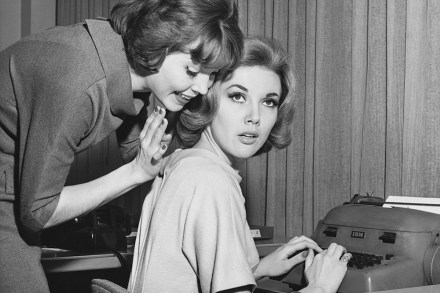The rose-tinted view of female friendship shatters
There is no such thing as a bad friend. The societal expectations and collective imagination of what friendship should look like have, over the past century, set unrealistic expectations, meaning we are all doomed at some point to fail as friends. At least this is what the cultural historian Tiffany Watt Smith argues in her new book. Bad Friend is elegantly written as part memoir, part history, citing multifarious sources, from 12th-century Paris to the American sitcom Friends. The author weaves in her own experiences of female friendships, candid that her research for the book made her reassess the formative and transformative relationships she has cultivated in her life. Reading



